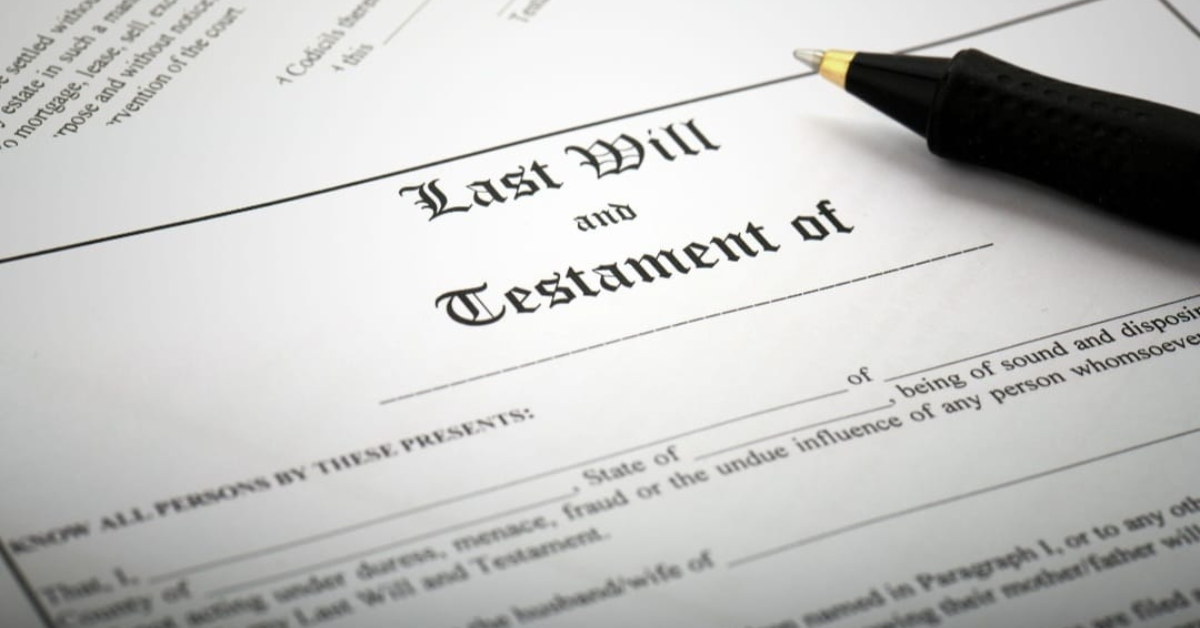
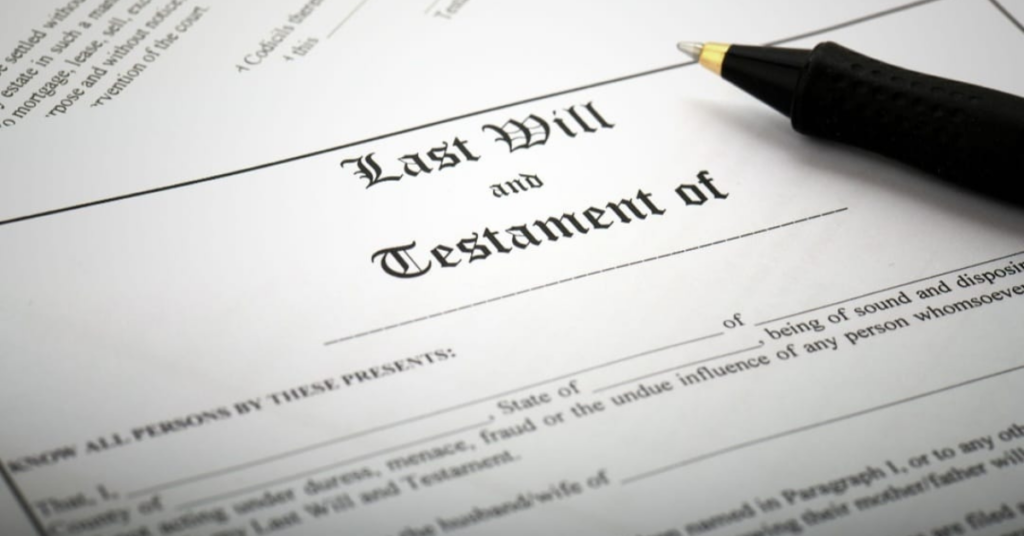
There is one, absolutely one certainty in this life and that is an ending for us all.
No one likes to talk about death, it’s morbid and upsetting and a lot of people give it absolutely no thought until they hit their middle or later years of life, but none of us knows when our time is up and I think that as horse owners – particularly those who are not from horse inclined families. Horses and indeed all pets are a big responsibility and we simply have to, as their owners, plan ahead in the event of our passing.
Where to Start?
Regardless of whether your horse will fall into the care of a non-horsey person or an experienced horse person, after giving it some thought, I believe the following are points that have to be considered:
1. The short-term plan. What happens to the care of your horse in the immediate time of your passing? If you keep your horse at home, where you live alone – have you asked someone to step in? Have you discussed his care with a livery yard/friend and know that he will be adequately cared for? Have you financially considered how this is viable? Maybe it’s a point to be added to your will or perhaps you can leave instructions as to where you may have left cash to cover expenses in the interim period.
2. The long-term plan. This will need considerably more planning because whether it is your wish for the horse to be sold on, or remain with a family member or friend, it is going to have to be made clear, that the decision is your wish. Unfortunately, where there is no clear guidance after death, lines can be blurred and issues can arise. How many fallouts have there been between families after the passing of someone when it comes to how money/land etc is divided? We’ve all heard of stories like this. So make your intentions CLEAR:
· If you wish for your horse to live with someone else – I believe this needs to be made very clear in the likes of a will or written statement. If you have conditions – such as your horse is not to be sold on, or that you want him to remain in the yard he’s in etc, you will need to have discussed this with the new owner and you are both in agreement.
· If your horse needs to be sold on – and this is particularly important when the person who has temporary care of him might not know about horses – it may be beneficial to have enlisted the help of someone horsey, to assist them. Someone who knows where the best place to sell is, and has a good idea of price and so on.
3. Does your horse have any special dietary requirements or medicine? Maybe they suffer from conditions such as being prone to laminitis, or colic. It is imperative that you do not hide this information! Tell someone – make a list – whatever – but whoever is going to be looking after or caring for your horse after your passing will need to be aware of this. If medicated, instruct how often to give it – leave details on where it is bought from, if it’s on prescription and so on. Similarly – if you use a particular vet or farrier – make notes of this also.
Then we also have to look at how your horse will be affected by your passing. Whether horses mourn a person, or just suffer from the separation from their owner, they will miss your presence and I think this is where we all need that animal-loving friend that is willing to really step in and offer their company and understanding towards your horse. Obviously physical care – food and water etc. are paramount, but as any horse owner will know, our horses are so much more. I watched my own horse be affected by the loss of his companion. So I am a firm believer that on whatever level, they will suffer the loss of their owner too.
This journey on how to cope with what to do with your horse after your passing is new to me too. It’s not something I had given any thought to prior to writing this article. I am certain there are lots of other factors that I’ve not considered – but this is just a starting point which I am certain many of us are all commencing with.
Horses are such a huge and important part of our lives, we indeed owe to them to ensure they continue to be loved, cared for and respected after our deaths.
“To live in hearts we leave behind is not to die.”
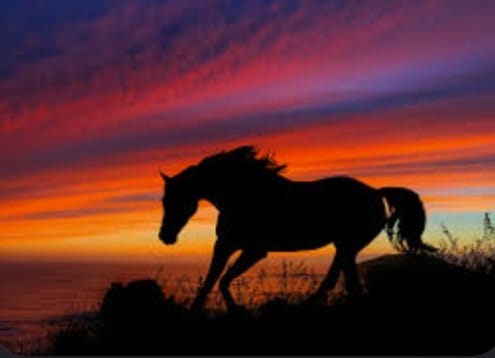
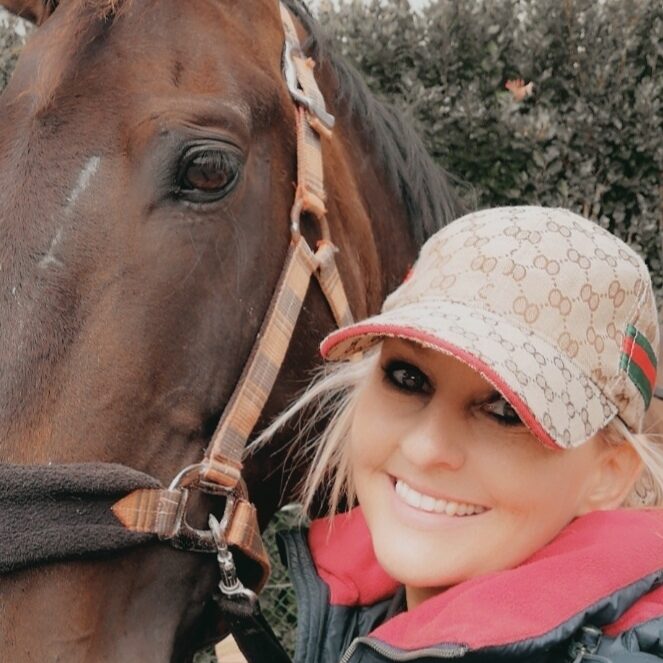

Share
Your subscription is 100% Free for our first year, No credit card details required.

The Judging Concerns That Keep Coming Back — And Why They Can’t Be Ignored Anymore We didn’t make it to
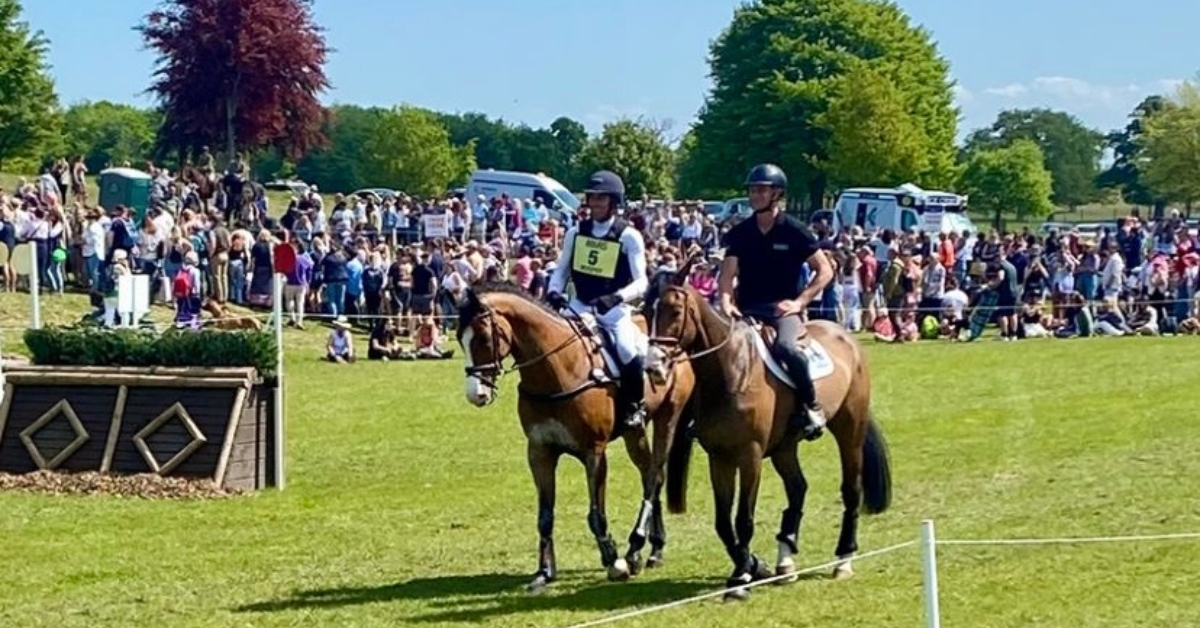
There are few sporting events that live up to the hype. Wimbledon? Too many strawberries. Cheltenham? Too many suits. But
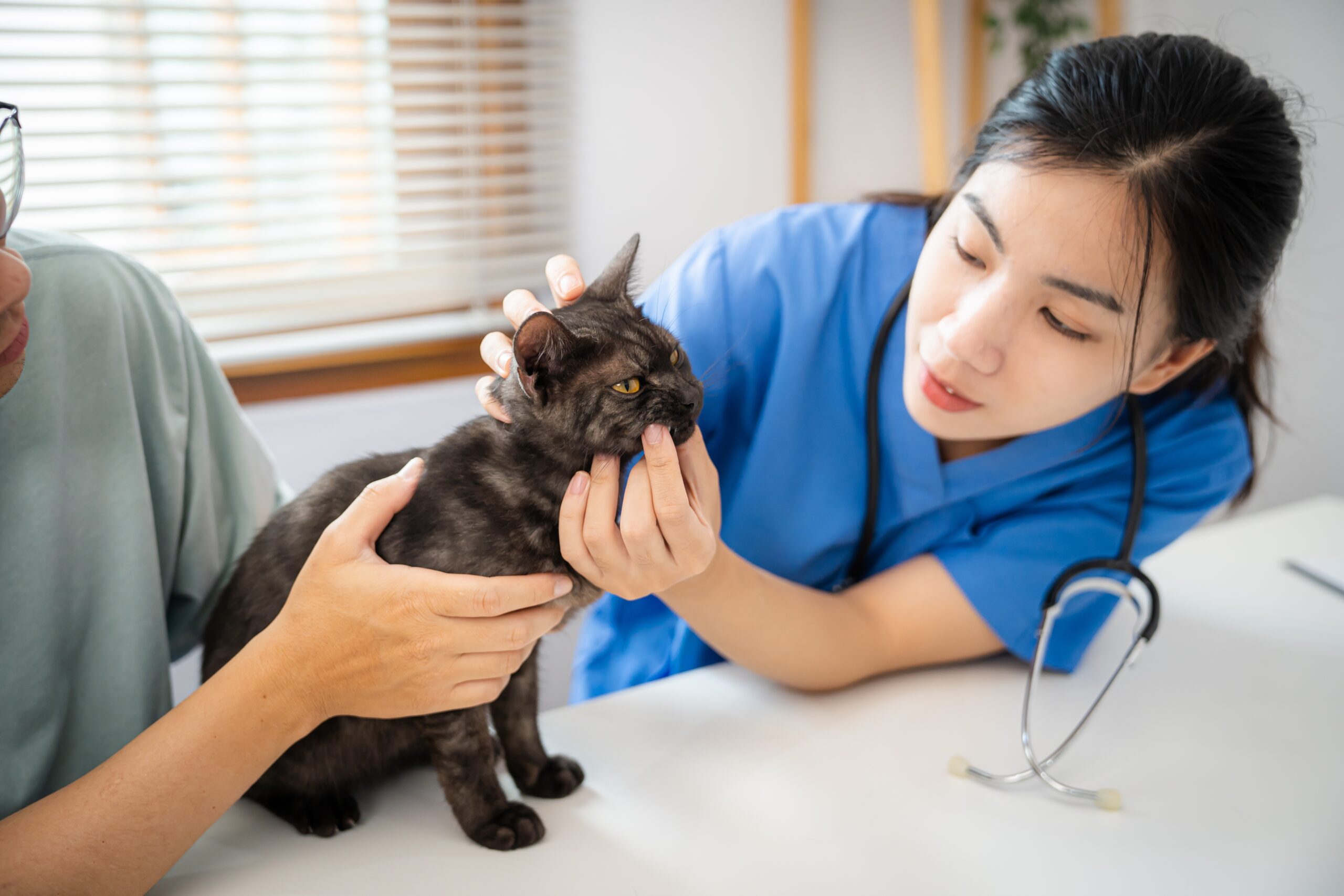
British Veterinary Association publishes full response to Competition and Markets Authority’s proposed remedies for veterinary market for household pets. The